Home>Home Maintenance>How Long Does It Take To Hear From Buyers After An Inspection?


Home Maintenance
How Long Does It Take To Hear From Buyers After An Inspection?
Modified: March 6, 2024
Discover how long it typically takes to hear from buyers after a home inspection and gain valuable insights into the home maintenance process.
(Many of the links in this article redirect to a specific reviewed product. Your purchase of these products through affiliate links helps to generate commission for Storables.com, at no extra cost. Learn more)
Introduction
Welcome to the exciting world of home buying! It’s a journey filled with anticipation, excitement, and a few nerves along the way. Once you’ve found your dream home and made an offer, the next step in the process is typically the home inspection. This critical step allows the buyer to assess the condition of the property and make an informed decision.
One common concern that buyers often have after the home inspection is how long it takes to hear back from the sellers. Will it be a matter of hours, days, or even weeks? This period of waiting can be filled with anticipation and uncertainty, as buyers eagerly wait to learn what repairs or concessions may be requested.
In this article, we’ll dive into the factors affecting the post-inspection response time, common timelines for buyer response, and the importance of effective communication throughout this crucial phase of the home buying process.
So, fasten your seatbelts and let’s explore the ins and outs of how long it takes to hear from buyers after a home inspection!
Key Takeaways:
- Buyers typically respond within 1-2 weeks after a home inspection, considering repairs, negotiation, and market conditions. Effective communication and patience are crucial for a smooth transaction.
- To speed up the response, buyers should promptly review the inspection report, obtain repair estimates, and communicate any time constraints to the seller. Flexibility and open communication are key.
Understanding the Buyer’s Perspective
As a homebuyer, it’s essential to understand the perspective and mindset of the buyer in the post-inspection phase. After all, this is a significant investment, and buyers want to ensure they have all the necessary information to make an informed decision.
Buyers eagerly await the results of the home inspection to obtain a comprehensive understanding of the property’s condition. The inspection report provides a detailed assessment of any potential issues, safety concerns, or necessary repairs. Armed with this knowledge, buyers can evaluate the impact of these findings on the home’s value and their own personal circumstances.
During this waiting period, buyers might experience a range of emotions, such as excitement, anxiety, and even a sense of urgency. They will naturally have questions and concerns about the potential costs of addressing any necessary repairs and how these could impact their budget. Additionally, buyers may be contemplating their negotiating position and considering whether to request repairs, a price reduction, or other concessions from the sellers.
It’s crucial to recognize the importance of empathy and understanding during this time. Effective communication and managing expectations are key to ensuring a smooth transaction for both buyers and sellers.
Now that we have a better understanding of the buyer’s perspective, let’s explore the factors that can influence the post-inspection response time.
Factors Affecting the Post-Inspection Response Time
The post-inspection response time can vary based on several factors. It’s important to consider these factors to set realistic expectations and understand why it may take a certain amount of time to hear from buyers after a home inspection. Here are the key factors that can influence the response time:
- Type and complexity of repairs: The nature and complexity of the repair items identified in the inspection report can significantly impact the time it takes for buyers to craft their response. Simple repairs, such as replacing a broken light fixture, can be addressed relatively quickly. However, more complex repairs, such as structural issues or plumbing concerns, may require additional time for the buyer to gather estimates and consider the potential costs involved.
- Negotiation strategy: Buyers may take time to carefully strategize their negotiation approach. They may consult with their real estate agent, review market conditions, and consider their overall position before formulating a response. This strategic thinking is important, especially when it comes to determining the repairs or concessions they will request from the seller.
- Market conditions: The response time can also be influenced by current market conditions. In a seller’s market where there is high demand and limited inventory, buyers may feel the need to act swiftly to secure the property. Conversely, in a buyer’s market, where there is more inventory and less competition, buyers may have more leeway in their response time.
- Communication preferences: Each buyer has their own communication preferences, whether it’s through email, phone calls, or in-person meetings. The time it takes to communicate and receive a response can be influenced by these preferences. It’s important for buyers and sellers to align on their communication methods to ensure efficient and timely exchanges.
- Legal and contractual obligations: Depending on the specific region and contract terms, there may be legal and contractual obligations that dictate the timeframe for the buyer’s response. It’s crucial for both buyers and sellers to be aware of these obligations to ensure compliance and avoid unnecessary delays.
These factors can impact the post-inspection response time. Understanding them helps set realistic expectations and ensures effective communication between buyers and sellers. Now, let’s delve into the average time frame for buyer response after a home inspection.
Average Time Frame for Buyer Response
The average time frame for buyer response after a home inspection can vary based on the factors mentioned earlier. However, generally speaking, it is common for buyers to provide a response within 1-2 weeks of receiving the inspection report.
This timeframe allows buyers to carefully consider the findings, consult with professionals if necessary, and strategize their negotiation approach. It also allows them to gather estimates for any repairs or renovations that may be required.
It’s important to remember that this time frame is not set in stone and can be influenced by various factors such as the complexity of repairs, negotiation strategy, and market conditions. Additionally, the buyer’s communication preferences and the legal and contractual obligations specific to the region may also impact the timing of the response.
As a seller, it’s essential to be patient during this waiting period. Understand that the buyer is diligently evaluating the inspection report and making important decisions that can impact the sale.
On the flip side, as a buyer, it’s crucial to communicate your intentions and any time constraints you may have to the seller. This open line of communication helps foster a positive and mutually beneficial transaction.
Now that we have discussed the average time frame for buyer response, let’s explore the importance of effective communication during this phase of the home buying process.
After an inspection, buyers typically take 3-7 days to respond. However, this can vary based on the market and specific circumstances. It’s important to stay in communication with the buyer’s agent for updates.
Importance of Effective Communication
Effective communication is a crucial aspect of the post-inspection phase of the home buying process. It plays a vital role in ensuring a smooth and successful transaction for both buyers and sellers. Here are some key reasons why effective communication is important:
- Clarity and understanding: Clear and open communication allows both buyers and sellers to understand each other’s perspectives, concerns, and expectations. It helps clarify any misunderstandings and ensures that everyone is on the same page regarding repairs, concessions, and timelines. This clarity helps build trust and fosters a positive working relationship between the parties involved.
- Timely updates: Communication enables timely updates on the progress of negotiations and any decisions made. This ensures that everyone involved is informed and aware of the current status of the transaction. Buyers and sellers can stay up-to-date on the next steps and have a clear understanding of when to expect a response or any necessary actions.
- Resolving concerns and addressing issues: Effective communication provides a platform for buyers and sellers to address any concerns or issues that may arise during the post-inspection phase. It allows for open dialogue, problem-solving discussions, and potential compromises. By addressing these concerns promptly and effectively, conflicts can be minimized, and the transaction can move forward in a positive manner.
- Mutual understanding: Through effective communication, buyers and sellers can gain a deeper understanding of each other’s needs and constraints. This understanding can facilitate a more collaborative and cooperative approach to resolving any post-inspection issues. It allows for empathy and flexibility, creating an atmosphere of mutual understanding and ultimately increasing the chances of a successful resolution.
Remember, effective communication is a two-way street. It is important for both buyers and sellers to actively engage, listen, and communicate their thoughts and concerns clearly. Honesty and transparency go a long way in building trust and fostering a positive transaction experience.
Now, let’s move on to explore how to manage expectations and emotions during this waiting period.
Managing Expectations and Emotions
The post-inspection phase of the home buying process can be an emotionally charged time for both buyers and sellers. Managing expectations and emotions is crucial to ensure a smooth and successful transaction. Here are some tips for effectively managing expectations and emotions:
- Keep a realistic mindset: Understand that the inspection report is a comprehensive assessment of the property’s condition. It is common to find some repair items, as no home is perfect. Keeping a realistic mindset will help you approach the post-inspection process with a practical outlook and avoid being overwhelmed by minor issues.
- Communicate openly: Foster open and honest communication between buyers and sellers. Clearly express your expectations, concerns, and any time constraints you may have. Be receptive to the other party’s perspective and engage in constructive dialogue to find mutually beneficial solutions.
- Seek professional guidance: If you are feeling overwhelmed or unsure about the repairs or negotiation process, seek guidance from professionals such as your real estate agent or a home inspector. They can provide valuable insights and advice to help you make informed decisions and alleviate any anxieties you may have.
- Focus on the big picture: It’s important to remember the bigger picture – finding and purchasing a home that meets your needs and fits your budget. Keep your long-term goals in mind and don’t let minor repair issues overshadow the overall value and potential of the property.
- Practice patience: The post-inspection phase requires patience from both buyers and sellers. Understand that it takes time to thoroughly evaluate the inspection report, gather estimates, and strategize negotiation approaches. Being patient and giving the other party reasonable time to respond can help maintain a positive and cooperative atmosphere.
- Stay positive: Maintaining a positive mindset throughout the post-inspection phase can have a significant impact on the transaction. Focus on the progress made and the solutions that can be achieved rather than dwelling on setbacks. A positive attitude can help navigate through any challenges and lead to a successful resolution.
By managing expectations and emotions, buyers and sellers can work together to find common ground and reach a satisfactory outcome. Remember, effective communication, patience, and a positive mindset are key during this phase of the home buying process.
Now, let’s move on to explore steps that can be taken to speed up the post-inspection response.
Steps to Speed up the Post-Inspection Response
While the post-inspection response time can vary based on various factors, there are steps that can be taken to expedite the process. Here are some strategies to speed up the post-inspection response:
- Promptly review the inspection report: As a buyer, it’s important to thoroughly review the inspection report as soon as you receive it. Take the time to understand the findings and prioritize the repairs or concessions that are most critical to you. This will help you streamline the decision-making process and respond more quickly.
- Obtain quotes and estimates promptly: If repairs or renovations are necessary, seek quotes or estimates from reputable contractors as soon as possible. Promptly gathering this information will expedite your response time and enable you to present accurate and well-informed requests to the seller.
- Communicate your timeline: If you have specific time constraints or deadlines, openly communicate them to the seller. This will help both parties understand each other’s needs and work towards a mutually agreeable timeline. By setting expectations upfront, you can avoid unnecessary delays in the response process.
- Be prompt in communication: Respond to any inquiries or correspondences from the seller, real estate agents, or other involved parties in a timely manner. Prompt communication shows your commitment and engagement in the process, fostering a cooperative atmosphere and potentially expediting the response time from the seller.
- Consider alternative negotiation strategies: If time is of the essence, you may want to consider alternatives to traditional repair requests. Some options include asking for a price reduction or a seller credit towards closing costs, which may be quicker to negotiate and resolve. Discuss these options with your real estate agent to determine if they align with your goals and timeline.
- Open to compromise: Remember that negotiations involve give and take. Be open to compromise and be willing to evaluate the repairs or concessions you are requesting. By demonstrating flexibility, you can facilitate a faster response from the seller and help move the transaction forward.
Implementing these steps can help expedite the post-inspection response and ensure a smoother and more efficient process. However, it’s important to balance speed with thoroughness to ensure that your decisions are well-informed and align with your best interests.
Now, let’s wrap up our discussion on how long it takes to hear from buyers after a home inspection.
Conclusion
The post-inspection phase is a critical and often nerve-wracking period for both buyers and sellers in the home buying process. Understanding the factors that influence the response time and managing expectations and emotions are key to navigating this phase successfully.
Effective communication plays a vital role in ensuring a smooth and mutually beneficial transaction. By maintaining open lines of communication, both buyers and sellers can address concerns, resolve issues, and work towards a satisfactory resolution.
While the average time frame for buyer response after a home inspection is typically 1-2 weeks, it’s important to remember that this can vary based on various factors such as the complexity of repairs, negotiation strategies, and market conditions.
By implementing steps to speed up the post-inspection response, such as promptly reviewing the inspection report, obtaining quotes promptly, and open communication, buyers can contribute to expediting the process.
Ultimately, the goal during the post-inspection phase is to reach a mutually agreeable resolution that satisfies both the buyer’s concerns and the seller’s expectations. By striking a balance and approaching the process with patience, understanding, and collaboration, both parties can navigate this phase successfully and move forward with confidence.
Remember, buying a home is not just a transaction; it’s an exciting and emotional journey. By maintaining effective communication, managing expectations, and working together, buyers and sellers can ensure a positive and rewarding experience throughout the entire home buying process.
Frequently Asked Questions about How Long Does It Take To Hear From Buyers After An Inspection?
Was this page helpful?
At Storables.com, we guarantee accurate and reliable information. Our content, validated by Expert Board Contributors, is crafted following stringent Editorial Policies. We're committed to providing you with well-researched, expert-backed insights for all your informational needs.




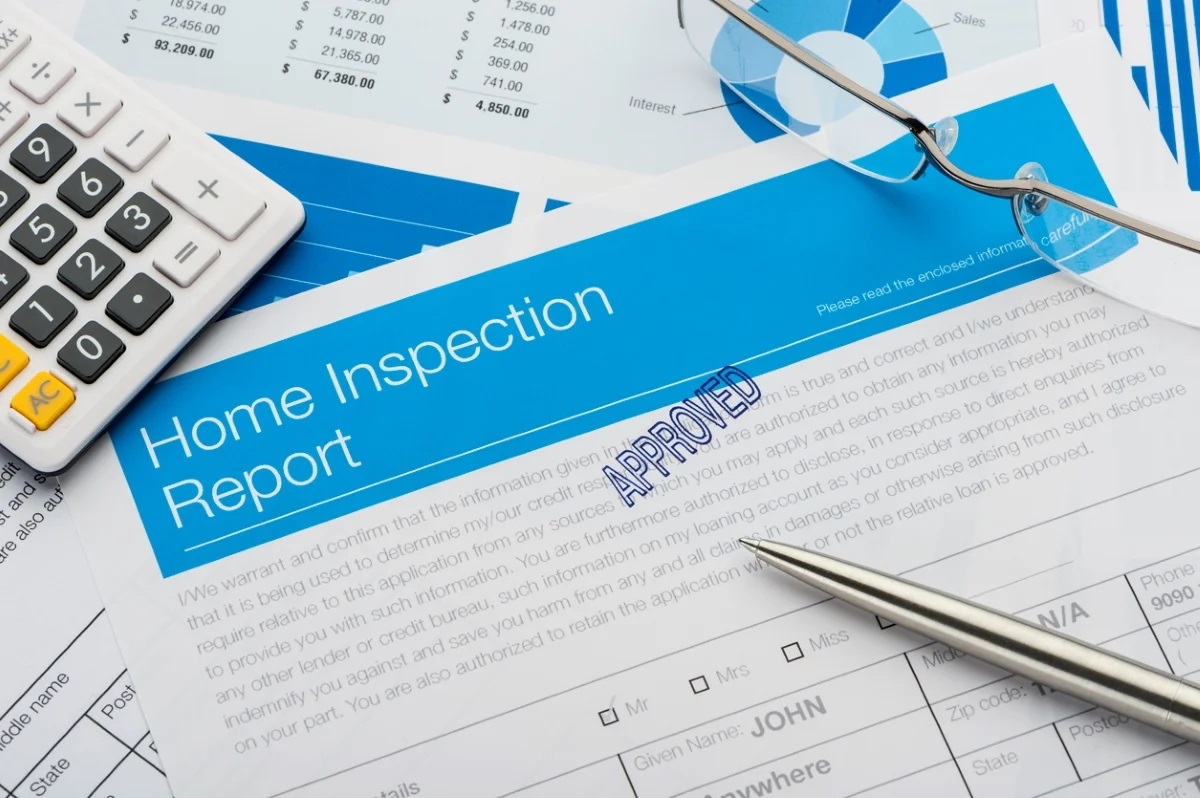
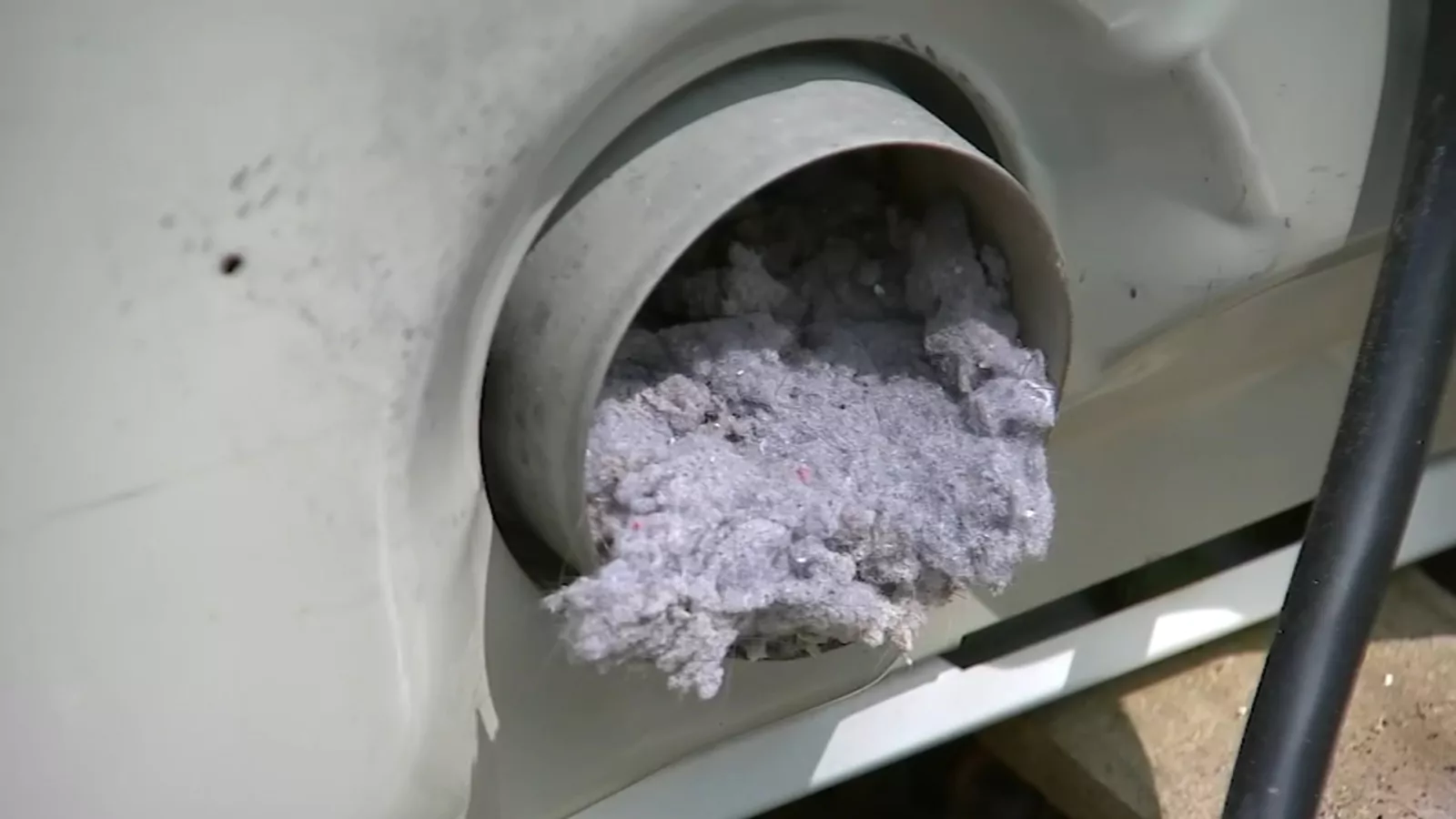

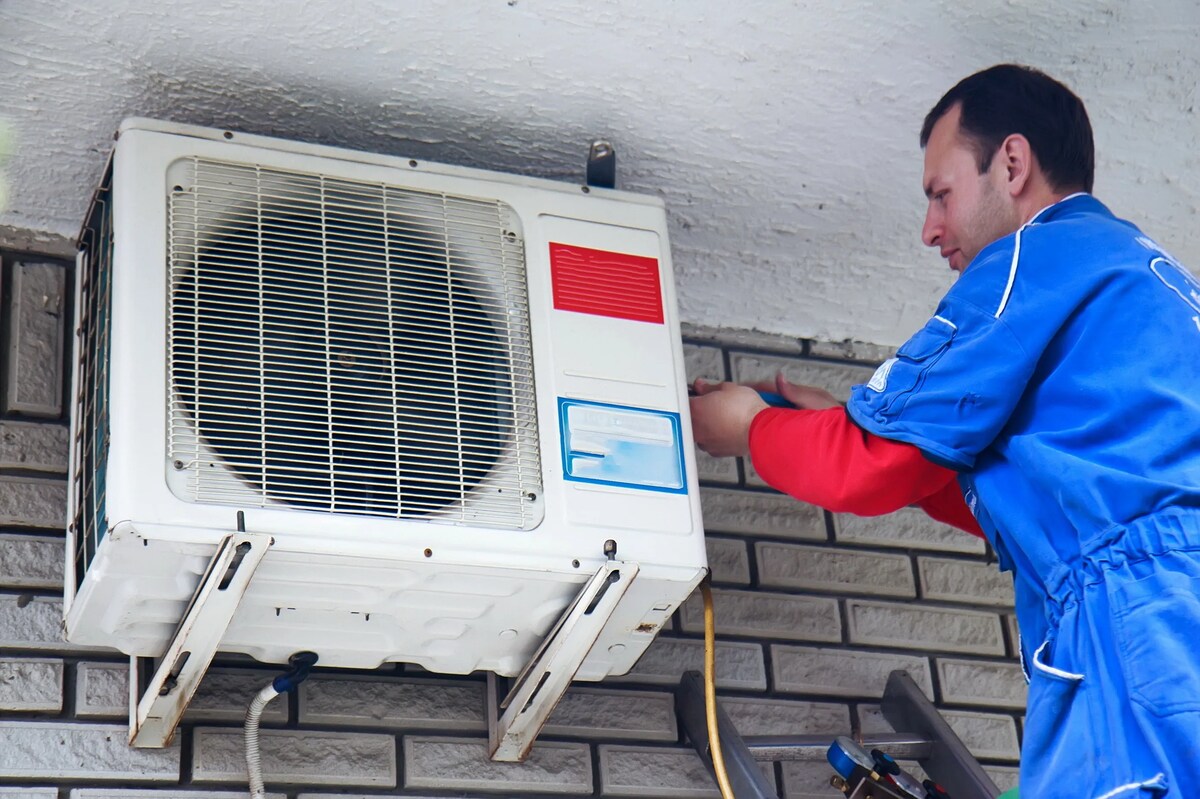
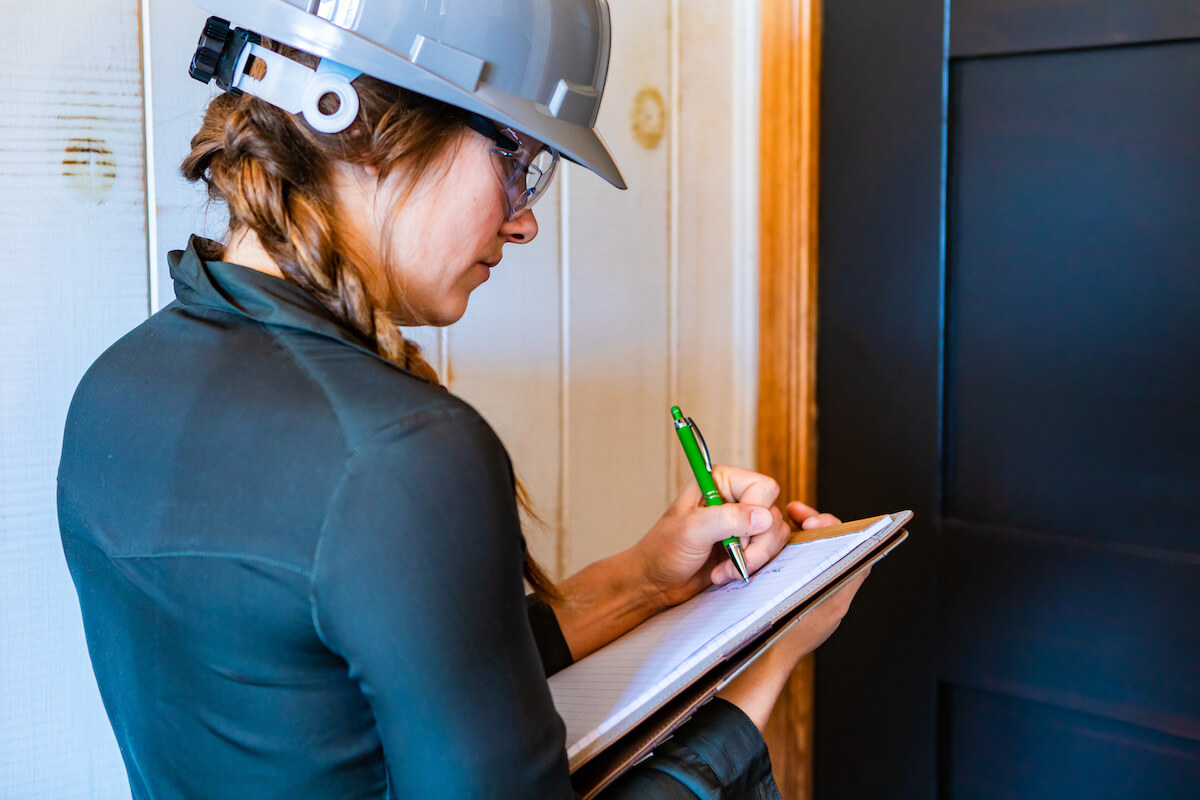




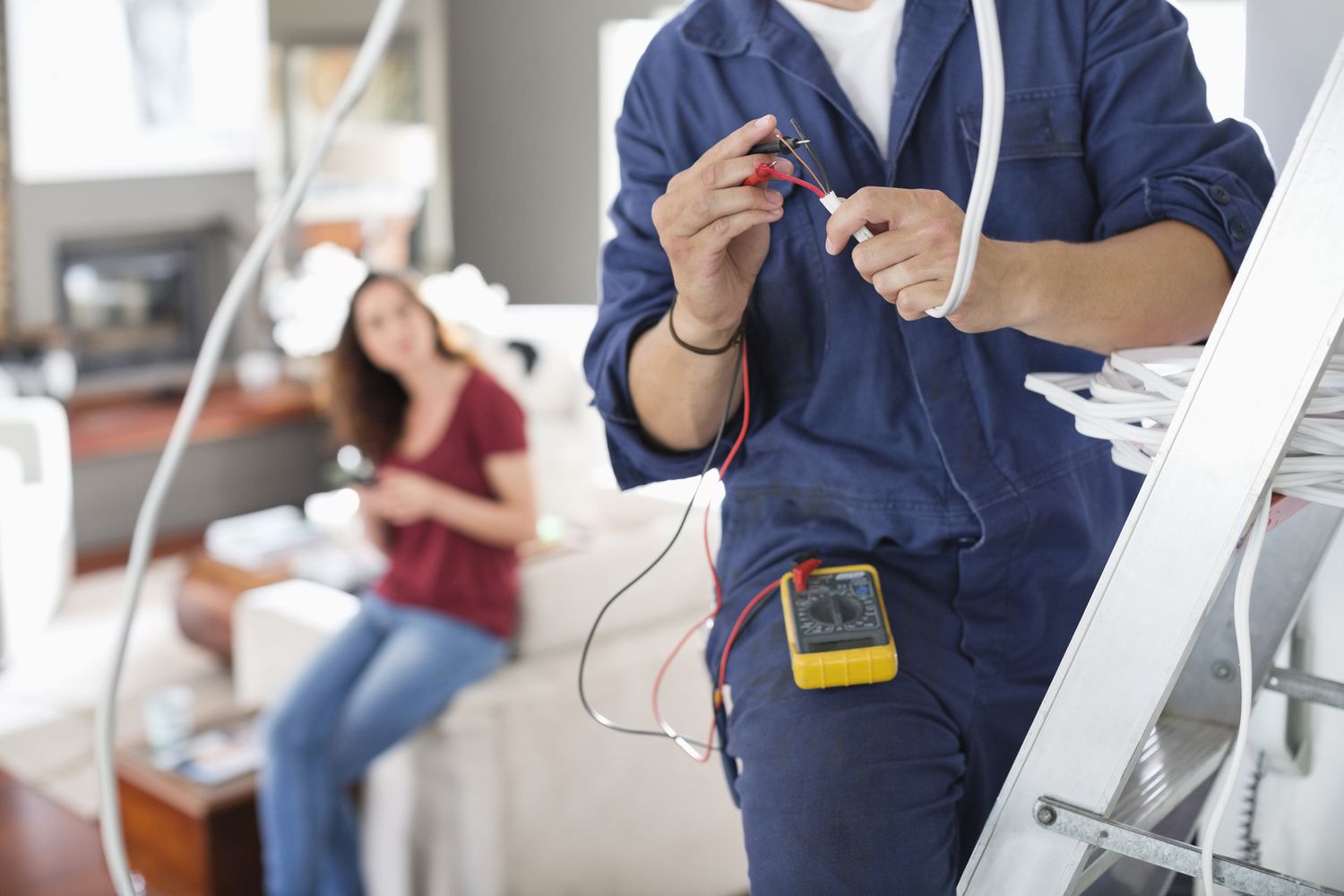

0 thoughts on “How Long Does It Take To Hear From Buyers After An Inspection?”